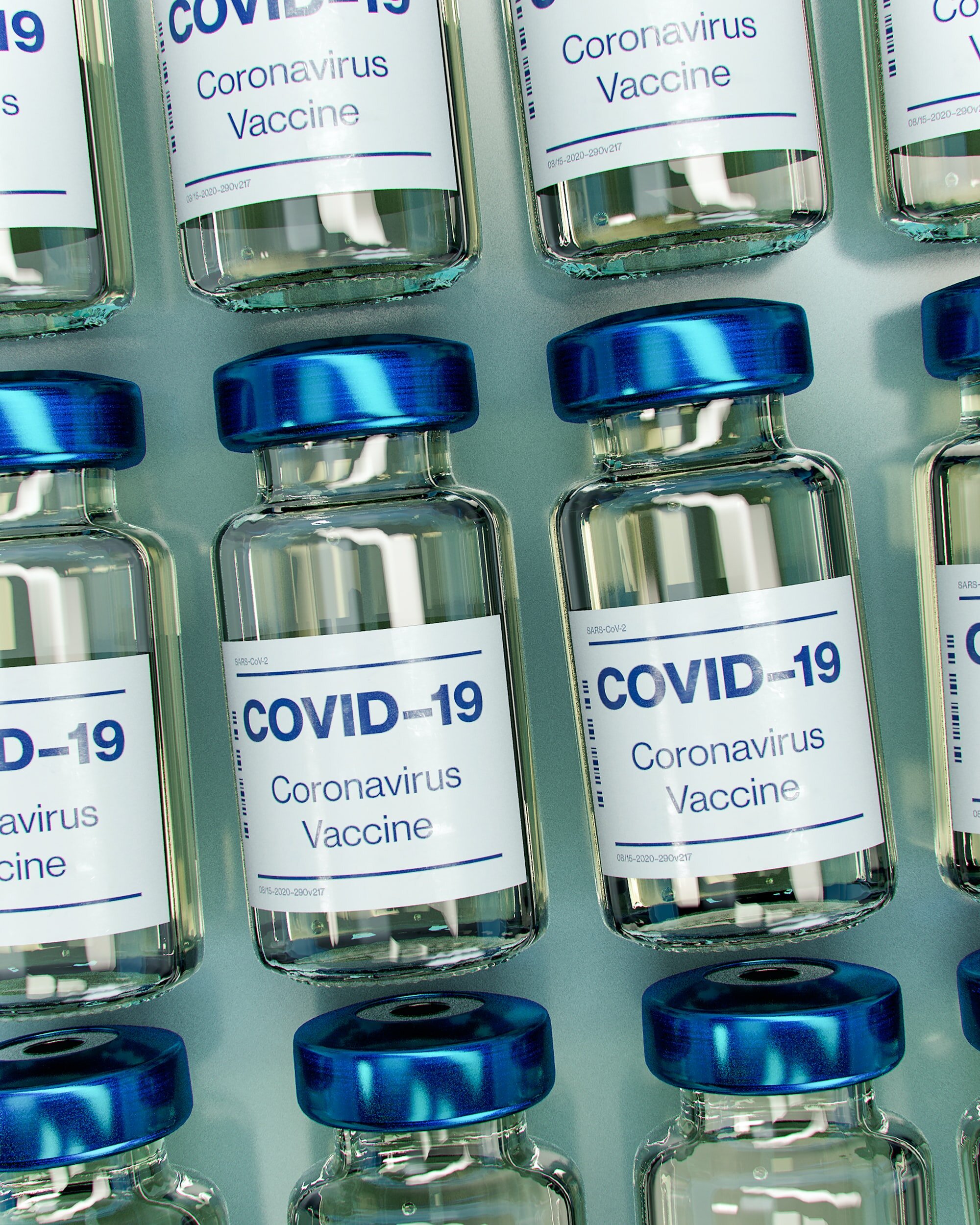Great news! From mid-2023 Sensefinity will provide access to its sensors and trackers to communicate via NB-IoT satellite. This means that use cases hitherto difficult to implement in regions without cellular coverage or difficult access can now be implemented! Use cases in the Amazon rainforest, on the high seas, or in underdeveloped regions in Africa can now have real-time coverage! The promise of IoT anywhere, anytime, will now be a reality!
NB-IoT in Brazil
NB-IoT coverage in Brazil is almost 95%!
As of May 2022, NB-IoT was available in 4.229 metropolitan areas in Brasil reaching 94.3% of the population!
NB-IoT is clearly the way to go!
Learn more at: https://www.teleco.com.br/lpwa_cobertura.asp
A cobertura de NB-IoT no Brasil é de quase 95%!
Em Maio de 2022, a tecnologia NB-IoT chegava a 4229 municípios brasileiros alcançando 94,3% da população!
NB-Iot é a o caminho a seguir!
Veja mais em: https://www.teleco.com.br/lpwa_cobertura.asp
Hyundai tests self-driving vessel
Hyunday’s Prism Courage just completed the first autonomous ocean ship voyage from the Gulf of Mexico to South Korea. The vessel is still operating with a crew but with a reduce human operations and increase in route optimization and fuel efficiency.
This is just a fist step in a very ambitious goal of bring AI to merchant and leisure ships. The goal is not so much the crew dependency but more the impact on safety and the environment (fuel consumption by 7%, greenhouse gas emissions by 5%, and avoiding over 100 collisions with other ships)
#sustainability #CO2 #demurrage
Earth Day 2022
Sensefinity is proud to be part of this global effort to reduce emissions. With Sensefinity’s logistic monitoring platform, we help companies optimize their operations and traffic routes, reducing pollution.
In addition to route optimization, Sensefinity's platform also monitors the condition of food transport, preventing it from deteriorating.
In the last 5 years we’ve helped retails supermarkets save 1,601,480 tons of food by alerting for bad transport conditions! All these savings correspond of thousands of extra truck trips that would be necessary and that were avoided accounting for more than 5,420,393 tons of CO2 reduced!
This is the way to go towards halving the emissions by 2030: prevent all the unnecessary extra fuel-based trips.
On this Earth Day, we honor our commitment to not only be a climate sensitive SME, but also to make it our core mission to work to help other SMEs reduce waste and emissions and thus have a positive impact on our planet.
The time to act is now! Let's invest in our planet!
#InvestInOurPlanet
#EarthDay
Dream it
〰️
Dream it 〰️
Sigfox files for bankruptcy
According to tech news outlet Techcrunch, French startup Sigfox has filed for bankruptcy and is looking for a buyer. Sigfox uses an LPWAN network and requires a mobile operator to carry the generated traffic.
Sigfox will continue all commercial activities under the authority of mandators designated by the Court.
Alternative LPWAN protocols are NB-IoT and LTE-M.
Covid Vaccines and Cold Chain Trouble
Finally the first Covid-19 Vaccines are arriving, but with the new vaccines, complex supply-chain challenges arise.
The new Covid vaccines pose complex supply-chain challenges with regards to storage and transportation and the first news of spoiled vaccines are already arriving.
These challenging supply-chain conditions are the driver for implementing sophisticated cold chain supervision systems.
Sensefinity is using the Internet of Cargo to create real-time visibility and alarming functionalities to avoid spoilage and guarantee that the vaccines arrive at the people in perfect condition.
Sustainable Supply Chain Technology
Improving Food Security Using IoT
1.3 billion tons of food spoils and is wasted every single year, that's about one-third of the total amount of food that is produced. To look at it another way, 1.3 billion tons of food could feed between 2 and 3 billion people, each year.
Current figures suggest that of the 7 billion people on this planet, 925 million are starving, so even if we can't produce more food sustainably, saving just half of the wasted food could solve world hunger.
Read more here: Sustainable Supply-Chains.
Sustainable Technology for the Supply Chain
Improving Food Security Using IoT
1.3 billion tons of food spoils and is wasted every single year, that's about one-third of the total amount of food that is produced. To look at it another way, 1.3 billion tons of food could feed between 2 and 3 billion people, each year.
Current figures suggest that of the 7 billion people on this planet, 925 million are starving, so even if we can't produce more food, saving just half of the wasted food could solve world hunger.
Learn how Sensefinity is leveraging technology to feed the world in the Well, that’s interesting blog.
TM Brasil ativa a rede NB-IoT
A TIM Brasil ativou a rede NB-IoT usando equipamento da Ericsson.
Foi escolhida a Banda 12 na gama dos 700 MHz para assegurar a maior cobertura possível.
Até 2020 estarão mais de 4000 municípios com a rede ativada.
Para ler a Press Release : TIM Sala de Imprensa
Wegweisende Konzepte gegen Lebensmittelverschwendung
Die Rabobank und ihre Direktbankenmarke RaboDirect Deutschland gehen am 26. März mit Food Furore an den Start. Im Rahmen dieses neuen Veranstaltungsformats der niederländischen Food & Agri-Bank wurden von der fünfköpfigen Jury jetzt sechs Unternehmen ausgewählt, die beim Start-up-Pitch in Berlin ihre Konzepte gegen Lebensmittelverschwendung präsentieren dürfen.
Food Furore stellt die globale Verschwendung von Ressourcen im Lebensmittel- und Agrarbereich in den Mittelpunkt und präsentiert mögliche Lösungsansätze, um die Menge an Essen zu reduzieren, die weltweit im Müll landet: Nach Angaben der Welternährungsorganisation (FAO) ist das ein Drittel aller weltweit produzierten Lebensmittel. Das entspricht etwa 1,3 Milliarden Tonnen an Lebensmitteln und einem finanziellen Schaden von rund 630 Milliarden Euro in den Industrieländern sowie 285 Milliarden Euro in Entwicklungsländern.












